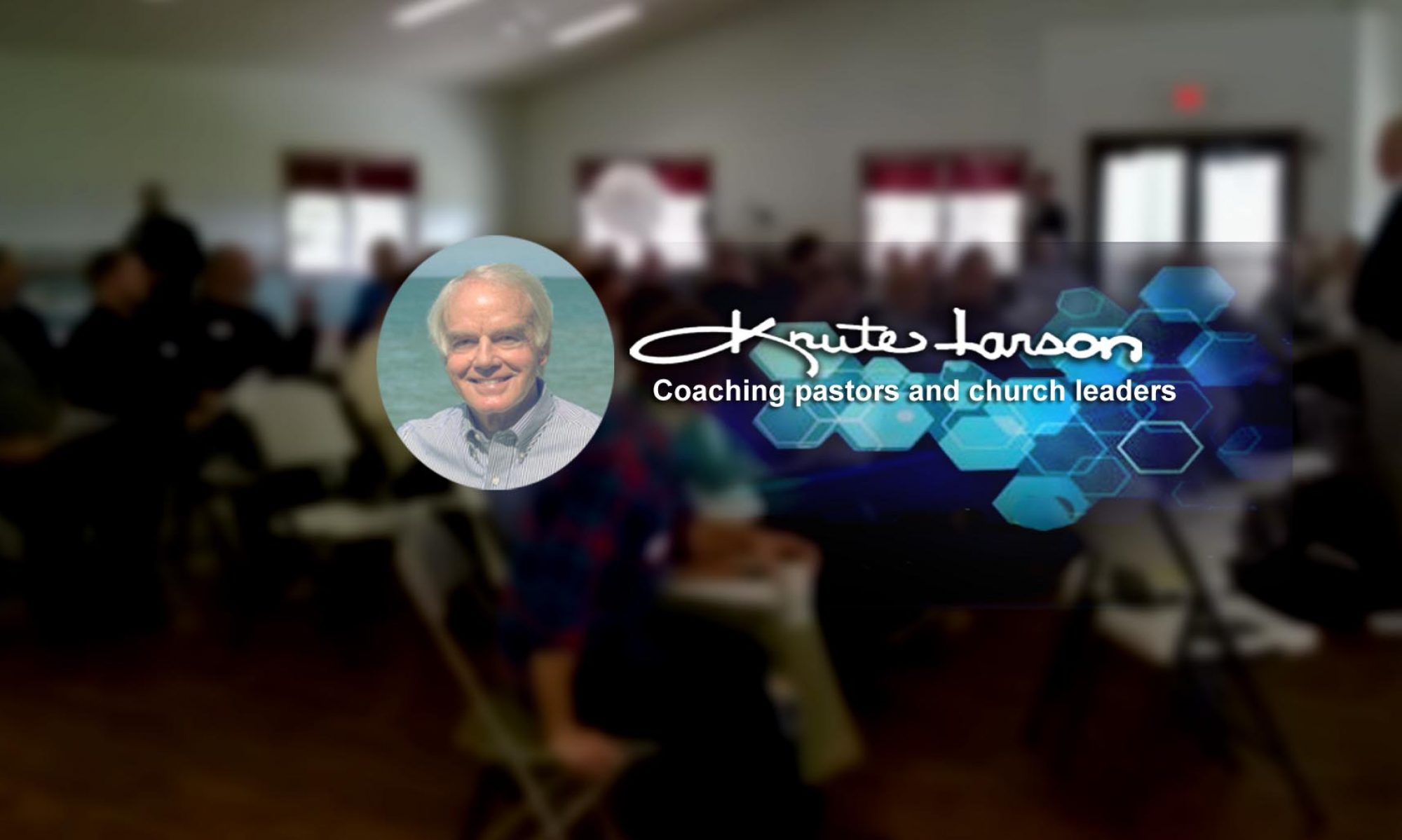God is good, even in pain and frustration.
All of us preached that, and probably rather often. We had to, given the pains and fears of our people, and us of course. And we were reminded that many biblical texts say that so loud and clear. Kind of limited the space for health-and-wealth promises.
To shepherd a church is hard work.
Yes, yes, you say, we did know that. No, no, I say, it is much harder, I am finishing year 55 as a full-time pastor or coach of pastors, and I say it is harder, a good bit harder, than ever before for four reasons:
COVID : and all the complications and hard decisions and divisions it has brought.
Politics: and the way ‘they” argue and avoid compromise or unity.
Social networks of communication: even people of the church talk on that like God cannot read.
Christian shallowness — is that an oxymoron? I pastored in four decades when if you trusted Christ you probably went to church, and none of this two out of five Sundays!
Virtual
meetings are far better than no meetings.
We can at least see each other’s faces in groups and teams, and perhaps some team decisions or necessary gatherings can sometimes be on the screen good to save time. And no question some of our connections with church attenders or members — will we call them that? — will be virtual from now on.
Staying in touch, or trying to, with people kind of dropping out of church should be easier after this.
Many
churches learned whom to call and who prefers texts or nothing at all.
There
exist pastors and staff people who can allow themselves to get by without
working hard or very long some weeks. If
Covid can be an excuse, surely there are others.
Some staff leaders did not ask for reports or check-ins during this time, and production in some cases argues that they should have. And still should.
We
learned to get better digital equipment even with small budgets, and to look carefully at those cameras and
not pretend there are 200 people in an empty worship center!
You can really talk warmly and personally to a camera because you care about the persons receiving your picture.
You
can do a good job of communicating in a video of 30 or 60 seconds or just a
little longer.
A very natural greeting or talking point about the Sunday ahead or church news became a habit for many during the shut-down, and I urge pastors to keep producing them, especially with a mood that would make it easy for church people to forward it to a friend with no church.
This
goes back pre-Covid, but most of us have decided on-line giving is more
important than we once planned.
Physical
exercise is very important.
OK, I threw that one
in because some people ate too much during lockdown. But we all know the drill.
And we all know how good health keeps us going better and longer and helps
others listen to us better.
This is not I told
you so, but rather I told me but I wouldn’t listen. You know, analog church,
passing the offering plates as an act of worship, and all that. But digital
also helps, and can be used as spiritual
priests do good and give offerings on line, which are both acts of worship, as
said in Hebrews 13:15, 16.
We
sort of learned that we should receive guests better and smarter.
The lesson came from
how hard it is to connect with the new viewers, but it reminds us to develop
better ways to get conversations going with the digital and the analog guests,
through the screen but also through the front door of the church.
Surveys
are not the way to make decisions.
Ask me what I think
we should do and I probably will be disappointed if you decide some other
way. And I may even wonder why our
leaders cannot make that decision on their own.
Maybe
as much as anything we learned to teach hope in the presence of our Lord in the
middle of something that is painful.
And every regular
week there are people who are in deep pain hearing us and watching us, and most
of them will not be helped with the health and wealth promise.
We must keep getting
better at teaching the Bible for a painful setting, something like the time in
which it was written.
That
we must always show up with truth in love.
Which we always
knew; this makes us re-up.

 1. A special weekday service – lights or ornament to represent people who passed away that year –
1. A special weekday service – lights or ornament to represent people who passed away that year –